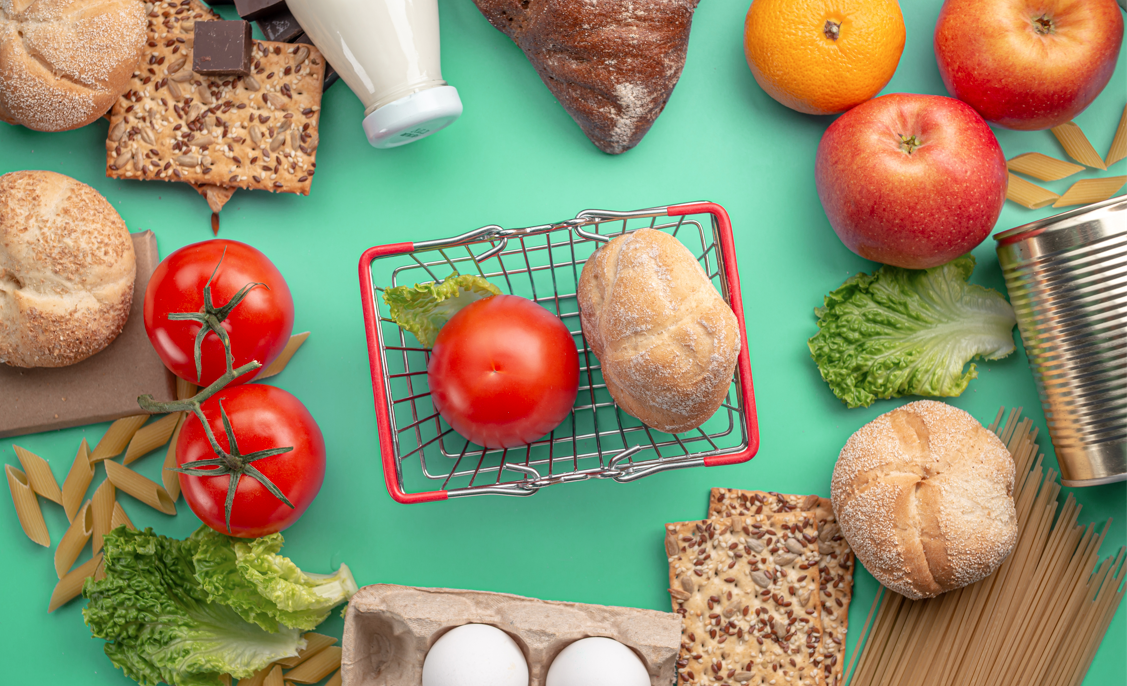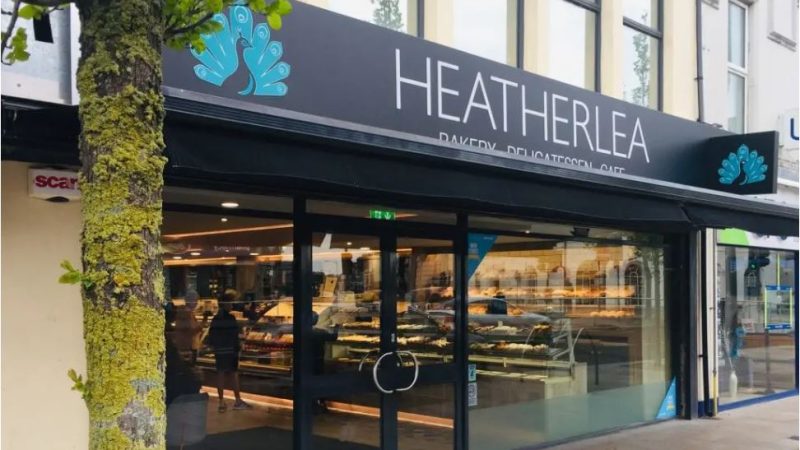NI shoppers turn their backs on whole Christmas turkey: Kantar

Northern Ireland shoppers splurged on biscuits over Christmas but turned away from fresh whole turkey to other cuts and meats, according to the latest figures from Kantar.
Retail analyst Emer Healy said the Northern Irish grocery market declined by 4.1% in the 52 weeks to 26 December 2021.
“Last year people visited stores less frequently and bought fewer items on each trip than in 2020, though sales are still 8.2% higher in comparison to 2019,” she said.
“Christmas was much closer to normal this year than last, and with larger family gatherings allowed, shoppers were keen to put on a spread for guests. Sales of seasonal biscuits were up by 6.9%, while special biscuits like Jaffa Cakes and chocolate wafers grew by 5.9%.
“A significant trend this year was a decline in sales of fresh turkeys by 33%, as shoppers opted for different cuts and crowns, as well as other meats altogether. The market for roast beef had a strong year overall, increasing value by 2.7%.”
Grocery decline
The latest 12 weeks saw an 8.0% decline in grocery market sales, as shoppers bought 6.9% fewer items and the number of trips to stores decreased by 5.2%.
“This reflects a more open Christmas this year, with people spending money in restaurants, bars, and pubs rather than buying all their food and drink at supermarkets,” Emer Healy said.
“Tesco remained the largest grocer with a 35.6% market share over the past 52 weeks. While its sales declined by 3.0% this period, that drop off was slower than the overall market and its closest competitors.
“Meanwhile, Lidl continues to be the only retailer to achieve growth, this time by 4.5%. Its success was driven by shoppers increasing the number of trips to stores, which contributed an additional £20.8m to its overall performance.
“Asda’s share rose by 0.1 percentage points to 16.0%, despite basket sizes being 8.2% smaller, and Sainsbury’s maintained its 17.0% share of the market. That means that each of the four largest supermarkets either maintained or grew their market share this year, reflecting a sharp drop off in the use of symbols and independent stores since the height of the pandemic in 2020.







